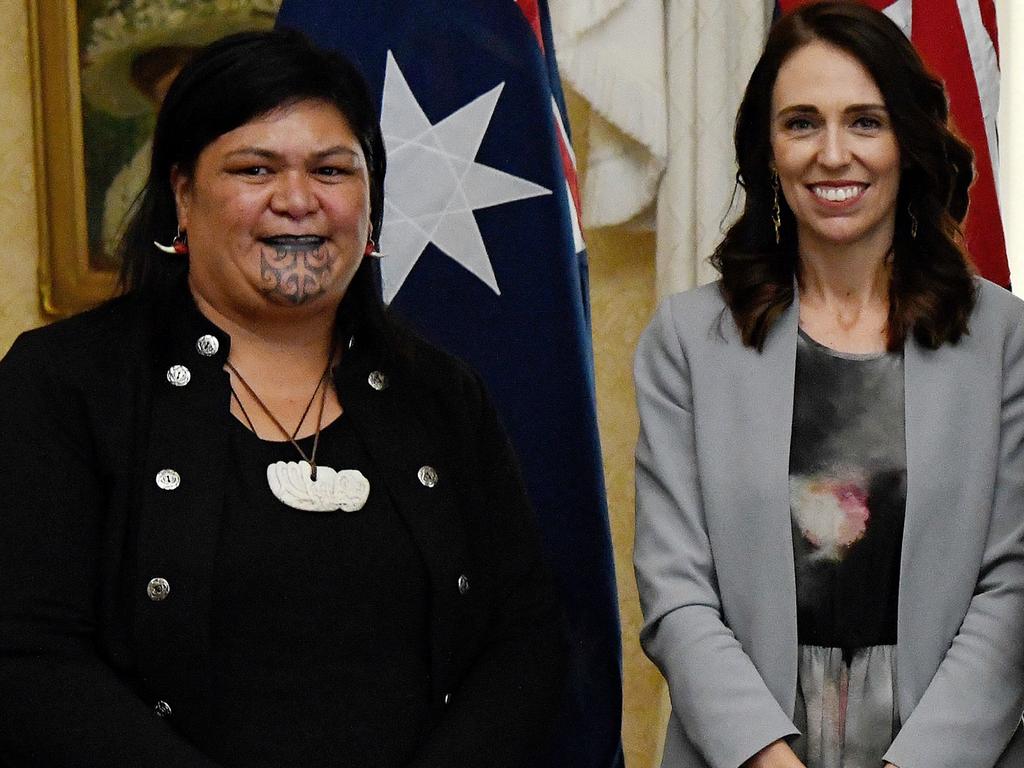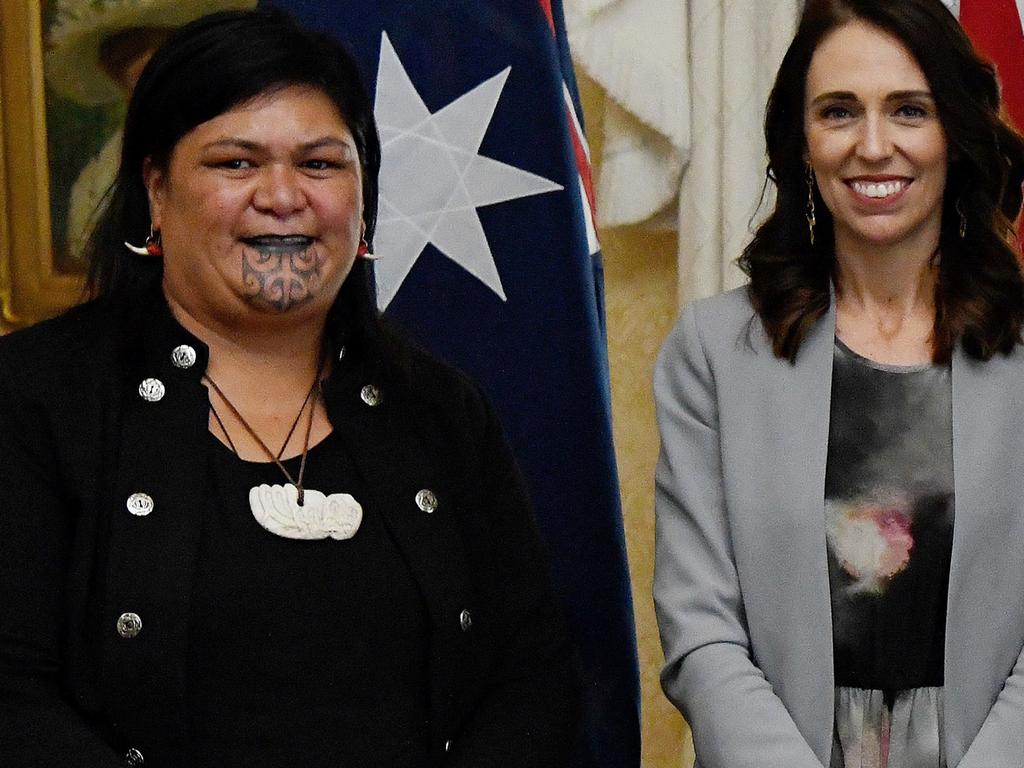Jacinda Ardern keeps us guessing over China policy


After months of inching towards the West, Jacinda Ardern’s set-piece speeches on her Europe trip last week seem to have been crafted to try and keep observers guessing.
At the North Atlantic Treaty Organisation (NATO) summit in Madrid, the NZ Prime Minister gave a speech that – in tone at least – seemed designed to evoke memories of the direction that her Labour predecessor David Lange had taken in the 1980s.
Lange built his foreign policy on the trinity of Labour’s nuclear-free policy of 1984, France’s bombing of the Rainbow Warrior in Auckland Harbour in 1985 and the US’s formal suspension of its obligations to NZ under the ANZUS Treaty in 1986.
At the outset of her three-minute speech to NATO leaders in Spain, Ardern said ‘New Zealand is not here to expand our military alliances. We are here to contribute to a world that lessens the need for anyone to call on them’.

The remarks vaguely recalled the fiery tone taken by Lange when NZ’s role with NATO came up at the Oxford Union debate in 1985: ‘This country, New Zealand, is not going to contribute to a nuclear alliance. This country, New Zealand, never has’.
Ardern followed up on her opening remarks by pointing to NZ’s ‘fiercely held independent foreign policy’ that she said should not be judged against ‘political ideology’.
Her pledge not to join a military alliance might seem like a significant concession to China, which tends to see the rise of new Western-led groupings in the Indo-Pacific as plots against it.
She also seemed to take a softer approach when she spoke to Chatham House in London on Friday. Her prepared speech did include relatively mild criticism of China – which she called ‘assertive’ – but she managed to avoid mentioning China by name entirely during the much longer 40-minute Q&A session that followed, despite strenuous questioning.
Did NZ effectively blink last week and return to its old, pre-Ukraine hedging strategy of satisfying the West one week – and China the next?
And will she blink again in her speech to the Lowy Institute this week during her five day trade mission to Melbourne anad Sydney?
Time will tell, but while Beijing will scrutinise her Lowy speech, as they have her previous comments, China will be far more interested in Ardern’s actions than her rhetoric.
After all, Ardern was invited to attend last week’s Madrid summit precisely because the alliance wanted Asia-Pacific countries standing alongside it when NATO called out China in its new ‘Strategic Concept’.

And as if to underline NZ’s true stance, Foreign Minister Nanaia Mahuta released a statement while Ardern was still in Europe that called out China for ‘continued erosion of rights, freedom and autonomy in Hong Kong’.
Moreover, the steps that NZ has taken this year to align itself more closely with the West remain, with the PM choosing to visit countries that are also clearly in the Western camp: Australia, Belgium, Japan, Singapore, Spain and the United States.
NZ has also joined Washington’s Indo-Pacific Economic Framework (IPEF) and – even more significantly – the new Partners in the Blue Pacific (PBP) initiative. The latter group – made up of Australia, Japan, New Zealand, the US and the UK – pledges to co-operate for ‘prosperity, resilience, and security in the Pacific’ and seems squarely aimed at countering China in the region.
In fact, as the Politik website points out, the PBP is so delicate that Wellington has almost pretended it does not exist: a White House statement remains the only official announcement of New Zealand’s involvement.
On the Pacific, Ardern has sided with the Western position that essentially seeks to keep China out of the region. In April, she said there was ‘no need’ for Solomon Islands to sign a security deal with China. Citing the Pacific Islands Forum’s Biketawa Declaration – a mutual regional support pledge signed after the Fiji coup in 2000 – Ardern expressed the view that the arrangement between Beijing and Honiara crossed a “very clear line”.

Since then, she has also been careful to show unity with Canberra by repeating Australian lines of ‘our backyard’ and ‘Pacific family’ to describe NZ’s own relationship with the Pacific.
More broadly, the Prime Minister and her foreign minister, Nanaia Mahuta, have talked up the role of the Pacific Islands Forum – which Ardern described at Chatham House as ‘the place for discussing and determining regional security needs’.
Later this week, Nanaia Mahuta is scheduled to attend the Forum’s foreign ministers’ meeting in Fiji, followed by Ardern’s participation in the leaders’ summit next week.
Effectively, the Pacific Islands Forum will be the West’s chance to make a counter offer to China’s multilateral ambitions for the region that foreign minister Wang Yi unveiled on his tour of the Pacific in May.
New Zealand’s Pacific-focused, post-Ukraine tilt towards the West might now seem locked in: China’s security deal with Solomon Islands and its subsequent even grander plans for the region arguably forced Wellington’s hand.
But that does not mean there is no room, or no time, or no reason for a major rethink.
Last week’s mediocre free trade deal with the EU – which gave New Zealand only minor gains in the crucial meat and dairy sectors that make up 40 per cent of its exports – only underlined the simple fact that New Zealand needs China more than ever.
The EU and the US are unwilling – or unable – to put their money where their mouths are.
They are failing to match their rhetoric of solidarity with the kinds of high-quality trade deals that New Zealand would need as any kind of China substitute.
By contrast, China remains a willing and able buyer of a massive 33 per cent of New Zealand’s exports, especially of the butter, cheese and beef that the EU would rather exclude from the bloc on protectionist grounds.
For the foreseeable future, China will remain New Zealand’s biggest trading partner – by far.
There is no Plan B.
Geoffrey Miller is the Democracy Project’s international analyst and writes on current New Zealand foreign policy and related geopolitical issues.This article was first published on the Democracy Project.







Is New Zealand suddenly softening its more pro-Western foreign policy – and its tougher line on China?